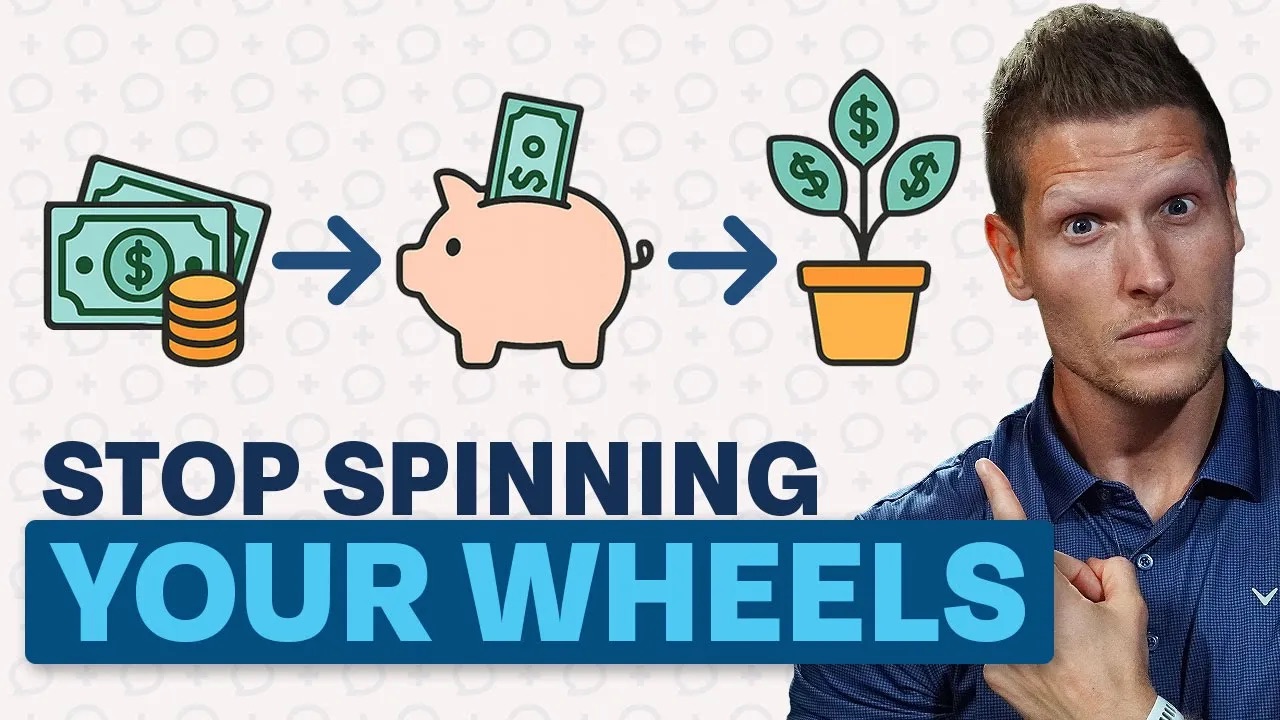Next question is from AJ LaRussa. AJ asks, "I understand you allow first-time homebuyers the grace to only put three to five percent down, but if they can afford to put more down, should they? Or is there something else that they need to be considering with their money?"
Well, AJ, that's a loaded question. We give people the flexibility to put down three to five percent on their first-time home purchase if that's what they need to get into the market. However, if you can afford to put down more, you need to consider the concept of opportunity cost. What other things are you giving up by making that decision? We have a comprehensive framework called the
Financial Order of Operations to help you navigate what to do with your money. You can find the free deliverable on
moneyguy.com/resources, which outlines the nine steps to guide your financial decisions.
So, should you or can you put more down? It ultimately depends on where you are in the Financial Order of Operations. You should be on Step 8, which means you have already taken care of your emergency reserves, funded your Roth IRA, and maximized your retirement plans to reach 25 percent of your savings relative to your gross income. If you have reached this stage and are following the three-bucket strategy, buying a home with a larger down payment can be a viable option. Step 8 also allows for buying nicer cars, investing in rental real estate, funding your children's education, and prepaying more on your mortgage.
However, it's crucial not to skip the earlier steps. I don't want you to miss out on the power of compound growth, especially if you're young and buying your first home. Many people focus on the peace of mind that comes with paying off their house early but overlook the potential for wealth creation. By prepaying your mortgage while young, you might miss out on the opportunity for your money to work and grow in your investment portfolio.
It's important to mitigate your long-term risk and ensure that your money is actively working for you. If you're under 45, focus on following the Financial Order of Operations and getting your money to work for you. Once you reach 45 or have achieved a certain level of wealth, then you can consider prepaying your mortgage without significant opportunity costs.
One additional point specifically related to the down payment, AJ: If putting down only three to five percent results in your monthly mortgage payment exceeding 25 percent of your gross income, then you should consider increasing your down payment. The three to five percent guideline assumes that you can stay within that 25 percent threshold. However, if the house you're considering and its price range require a 10 percent down payment to keep the housing payment within the 25 percent limit, then you should make that decision and put down 10 percent.
So, consider where you are in the
Financial Order of Operations and whether your down payment allows you to stay within your affordability range.













